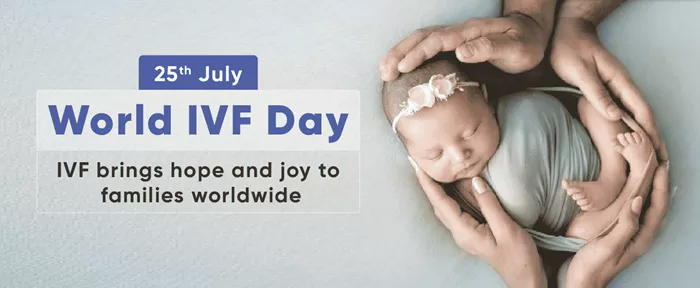In a move aimed at addressing South Korea’s declining birthrate, the Seoul Metropolitan Government announced that starting next year, unmarried men and women in the city will be eligible for financial support for fertility testing. This initiative, which aims to encourage early detection of health issues that may impact fertility, will cover individuals aged 25 to 49, regardless of their marital status.
The city’s expansion of fertility support, previously limited to married couples and those planning to marry, reflects a growing recognition of the need to manage pre-pregnancy health for both men and women. By offering fertility tests to a broader demographic, the city hopes to help individuals identify any potential health risks that could hinder pregnancy and childbirth before they become a barrier to starting a family.
Women will be eligible for ovarian function tests (AMH) and ultrasound exams, with costs of up to 130,000 won ($94) covered by the program. Men will be offered seminal examinations with support of up to 50,000 won. The measure is part of a broader effort by the government to tackle the nation’s plummeting birthrate by encouraging individuals to consider fertility earlier, even if they don’t have immediate plans for pregnancy.
The Seoul government has allocated 3.52 billion won ($2.6 million) of its 2025 budget to fund this initiative. To apply for the support, individuals can obtain a test request form through the health center’s website or in-person, and tests can be conducted at specialized fertility, urology, obstetrics, and gynecology hospitals. After the test, the fee will be reimbursed.
A Seoul city official explained, “Although the need to manage pre-pregnancy health for both men and women has increased, Korea has little support for pre-pregnancy preparation. By expanding eligibility to unmarried individuals, we hope to strengthen support for pregnancy preparation and help address the declining birthrate.”
This new initiative represents a significant step in addressing fertility and reproductive health proactively, reflecting a shift in policy that acknowledges the changing dynamics around marriage and childbearing in South Korea.
Related topics:


























